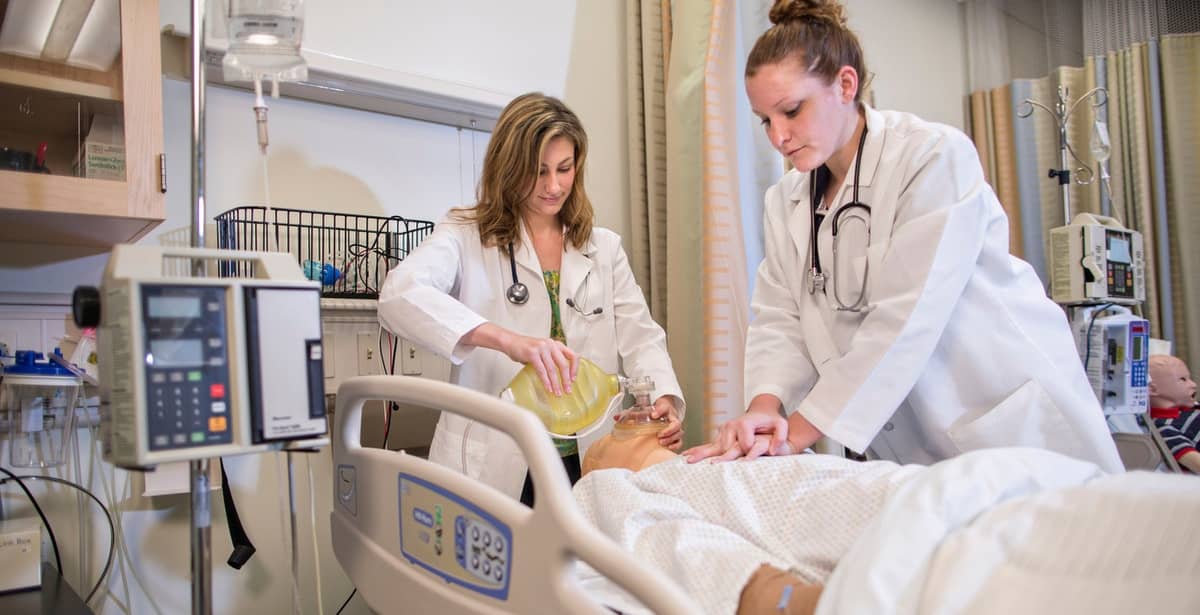In the dynamic realm of healthcare, ensuring top-tier quality in care services is paramount. A holistic approach to quality assurance not only maintains high standards but also addresses the multidimensional aspects of caregiving.
Understanding Quality Assurance in Care Agencies
Quality assurance involves systematic processes to guarantee that care services meet the established standards. In the healthcare sector, this translates to consistent, reliable, and safe care delivery. The benefits extend beyond mere compliance, fostering a culture of excellence and continual improvement.
Components of a Holistic Approach
Comprehensive Training Programs
Quality assurance begins with well-trained staff. Ongoing training ensures that caregivers are equipped with the latest skills and knowledge, enhancing the overall quality of care.
Stringent Recruitment Processes
Selecting the right caregivers is foundational. Rigorous recruitment, including thorough background checks and reference verifications, is essential to building a competent and trustworthy caregiving team.
Effective Communication Systems
Smooth communication among caregivers, patients, and their families is critical. Leveraging technology for efficient communication ensures that everyone involved is well-informed and connected.
Continuous Monitoring and Evaluation
Regular assessments of caregiver performance, coupled with constructive feedback mechanisms, form a loop of continuous improvement. This ensures that standards are not just met but are continually elevated.
Challenges in Implementing a Holistic Approach
Implementing a holistic quality assurance approach comes with challenges such as resource constraints and resistance to change. However, proactive strategies and a commitment to excellence can overcome these obstacles.
Technology and Innovation in Quality Assurance
Incorporating technology enhances the effectiveness of quality assurance measures. From digital health records to innovative communication platforms, technology plays a pivotal role in ensuring streamlined processes and improved care delivery.
Ensuring Client Satisfaction
Client satisfaction is the ultimate goal. By prioritizing individual needs, actively seeking feedback, and promptly addressing concerns, care agencies can build trust and foster positive relationships with clients.
Future Trends in Quality Assurance for Care Agencies
The future of quality assurance in care agencies lies in embracing emerging trends, such as telehealth, predictive analytics, and personalized care plans. Adapting to these trends positions agencies at the forefront of delivering cutting-edge, quality care.
Takeaway
A holistic approach to quality assurance is not just a regulatory requirement but a commitment to excellence in caregiving. By investing in comprehensive training, robust recruitment, effective communication, and continuous improvement, care agencies can elevate the standard of care and ensure a positive impact on both caregivers and those they serve.












